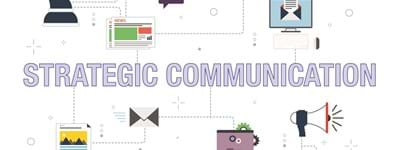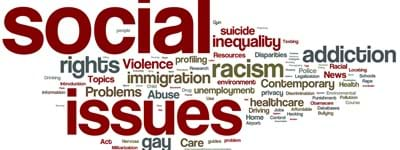Blog
The stark reality today is that business and governments are struggling because of poor or absent strategic communication planning.
The growing focus on reactive communication tactics is highlighting the troublesome trend, particularly in crisis response, media scrutiny, community backlash, and regulatory changes.
The continuous growth of volatile, uncertain, complex, and ambiguous (VUCA) environments—characterized by digital complexity (including AI), stakeholder expectations, and regulatory pressures—demand that only those organizations embedding strategic communication planning into their strategic DNA will thrive.
Mastering PR strategies
The surge in crisis management promotion today has sparked a flood of theories and services. Yet most fail to address what is required in the heat of the moment and many have no foundations in practical expertise.
Decades spent in both high-pressure crisis situations and even in planning phases reveal that effective information coordination and dissemination extend far beyond mere empathy and acknowledgment. These are just the basics.
Public Sentiment v. Values
Are we entering what may be called the “end of the feel-good era” in corporate communication and public affairs?
The alignment of socially popular causes has offered reputational upside with minimal scrutiny for many companies up until now, even political parties.
However, recent national elections in Australia and abroad have shown that stakeholders now demand substance over symbolism—and consistency over convenience.
The lack of Political and Corporate Visions have echoed through headlines and community alike in the aftermath of the Federal election.
Across both government and the corporate world, leaders seem to be settling for the what instead of the why. We are bombarded with Mission statements and Policy plans, or lack of plans, yet few offer a bold, aspirational Vision of the future.
Why does this matter? Because Vision isn’t fluff. It’s what inspires, unites, and drives a nation or an organization forward.
So why is Vision so rare?
PR Must Build the Social Licence for the Energy Future
Australia's energy transition is now demanding more than just technological solutions; it requires a strategic shift in how we engage with stakeholders.
This is turning the role of Public Relations (PR) from an essential function to a strategic imperative for navigating the complexities of the evolving and fractured energy landscape.
The recent Federal election has highlighted the key PR must now play in demystifying the fear and complex energy issues that have been put forward by politicians, energy authorities, providers and commentators.
Yet Empathy Is What Makes Facts Resonate
In politics, feelings are often treated as facts. Yet, research is showing that people are more concerned about feelings than facts.
The emotional responses of voters—fear, anger, hope—are frequently elevated above objective reality. However, the truth remains: just because someone feels something doesn’t make it factually accurate.
This distinction becomes particularly important as societies grapple with the growing influence of misinformation and disinformation, and the perception that truth itself is up for debate.
Misinformation, Truth, Ethics and Trust
• Are corporate and national Values just branding fluff, or are they protectors of reputation and the guide to building societal or workforce cohesion and progress?
• Do they unite us, guide us through crises and inspire genuine trust?
• Are they effective in combatting misinformation in political campaigns?
Trust is a currency in today’s corporate and political worlds. Perception shapes reality along with reputations more than ever before. Truth Telling is perceived as subjective, belonging to the beholder’s interpretation rather than a universally accepted standard.
While personal interpretations of these may be growing in prominence, broader societal factors still play a significant role in shaping and influencing what is accepted as reality.
Are you communicating strategically—or just managing fallout when things go wrong?
The reputation and success of a business today increasingly depends on how effectively it communicates - internally and externally - employees, connecting with customers, or addressing stakeholders .
The public’s trust in election-related information is going to be constantly tested over the next month.
As the May 3 Federal election is now underway, the public's trust in election-related information will face unprecedented challenges.
Australian manufacturing companies are now facing the need to redefine who they are and what is possible with their markets.
The uncertainty being created in the dynamic market landscape, both locally and internationally, is putting greater focus on manufacturers to prioritise strategies to ensure long-term success. Innovate and thrive is the catch phrase.
Public Relations strategies are now crucial in navigating the increasing corporate and government retreat from diversity, equity and inclusion (DEI) amid shifting landscapes.












